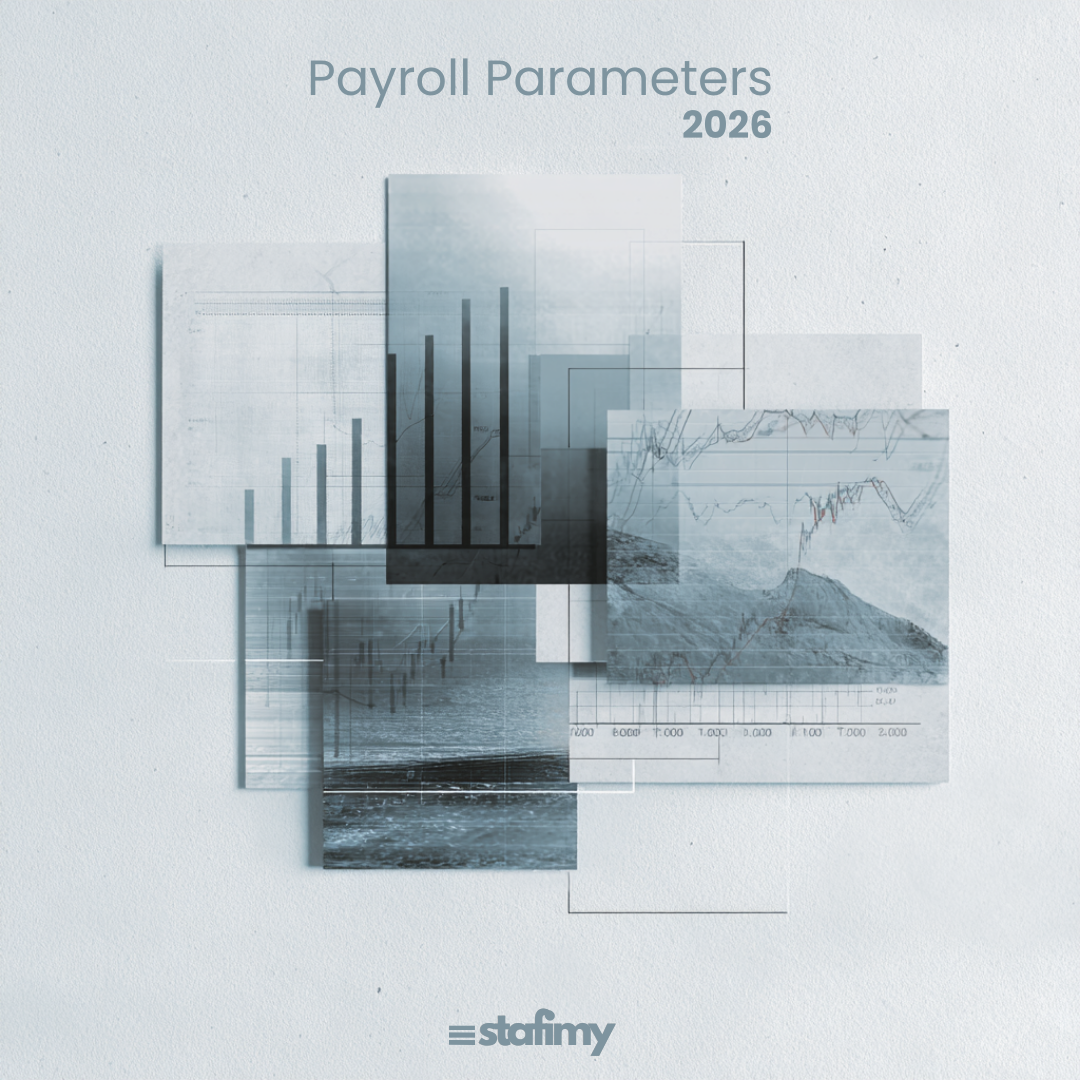
In Turkey, private health insurance and supplementary health insurance are now a key part of employee experience and welfare, offering broader access to private healthcare while also creating tax-efficient benefit structures for employers and employees. Supplementary Health Insurance (TSS) functions as a top-up product to the Social Security Institution (SGK): it allows SGK-covered individuals to receive services at contracted private hospitals without paying the gap (difference) fee, typically with limited outpatient coverage (for example 10–12 consultations per year) and standard inpatient benefits, within the limits set out in the policy. By contrast, private health insurance (ÖSS) is not tied to SGK status and generally offers broader and more flexible coverage, including higher or even practically unlimited outpatient visit limits, wider hospital networks and optional add-on benefits. In Turkey, the taxation of private and supplementary health insurance premiums is governed by the Income Tax Law and further clarified by Turkish Revenue Administration rulings from 2024 and 2025, which define their treatment for income tax purposes and in payroll calculations.
1.1. Core Legal Framework under Turkish Tax Law
Under Article 61 of the Turkish Income Tax Law (GVK), any monetary or non-monetary benefit provided to an employee in connection with their employment is treated as “wage” (ücret). Accordingly, private health insurance (ÖSS) and supplementary health insurance (TSS) premiums paid by the employer on behalf of the employee (and their dependants) qualify as wage for tax purposes. In practice this means that employer-paid ÖSS/TSS premiums must be grossed up and included in the employee’s monthly payroll as taxable wage, and are subject to income tax withholding under Articles 94, 103 and 104 of the Income Tax Law, as well as stamp tax in line with the Stamp Tax Law, save for the portion that falls within the minimum wage exemption regulated in Article 23/1-18 of the Income Tax Law. From a corporate tax perspective, these premiums are treated as general business expenses incurred for the acquisition and maintenance of commercial income and are therefore deductible from corporate income under Articles 6 and 8 of the Corporate Tax Law and Article 40/1 of the Income Tax Law. From a social security standpoint, employer-paid health insurance premiums constitute a benefit in kind and are included in the social security earnings base (PEK) pursuant to Article 80 of Law No. 5510, and thus attract employer and employee social security contributions.
In addition, the tax treatment described above has been explicitly confirmed by the Ankara Tax Office in its private ruling dated 29 March 2024 (Ruling No. E-90792880-155.01.03.99[DMG1-9]-187659). In this ruling, the Administration clarified that employer-paid private or supplementary health insurance premiums constitute taxable wage under Article 61 of the Income Tax Law, must be grossed up and reflected in the monthly payroll, and may only be deducted under Article 63/3 within the statutory limits. The ruling also confirmed that annual premiums must be allocated proportionally across the coverage period when determining the monthly tax base.
1.2. Income Tax Deduction for Employees (GVK Article 63/3)
Employees may deduct premiums from their taxable wage base, provided that all conditions are met.
| Condition | Requirement & Legal Basis |
|---|---|
| Insurer | The insurance contract must be issued by an insurer established and headquartered in Türkiye. Legal Basis: Income Tax Law (GVK) Article 63/3 |
| Eligible Persons | Premiums must relate to the employee, legally married spouse, or minor children (under 18, or under 25 if in formal education). Legal Basis: Income Tax Law (GVK) Article 63/3 |
| Eligible Policy Types | The policy must cover health, sickness, accident, disability, maternity, birth, death, education, or similar personal risks. Legal Basis: Income Tax Law (GVK) Article 63/3 |
| Timing Requirement | Premiums must relate to and be paid within the relevant payroll month (income period). Legal Basis: Income Tax General Communiqué No. 256 |
| Supporting Documentation | The employee must submit a payment receipt, bank slip, credit card slip, insurance policy, or equivalent documentation. Legal Basis: Income Tax General Communiqué No. 256 |
Deduction Limits for Payroll (Income Tax Law – GVK Article 63/3)
| Rule | Limit & Legal Basis |
|---|---|
| Monthly deduction limit | Total deductible personal insurance premiums (including private/supplementary health and qualifying life insurance) may not exceed 15% of the employee’s monthly gross taxable wage. Legal Basis: Income Tax Law (GVK) Article 63/3 |
| Annual maximum limit | The aggregate amount of premiums deducted over the year may not exceed the annual gross minimum wage (for 2025: TRY 312,066). Legal Basis: GVK Article 63/3; Income Tax Circular No. 85 |
| Life insurance premiums | For life insurance policies with a savings component, only 50% of the premiums may be taken into account within the statutory limits. Legal Basis: GVK Article 63/3 |
| Health / sickness / accident premiums | Premiums for health, sickness, accident and similar personal risk policies are 100% deductible, subject to the monthly 15% and annual minimum wage caps. Legal Basis: GVK Article 63/3 |
| Foreign insurers | Premiums paid to foreign insurance companies not established and headquartered in Türkiye are not deductible. Legal Basis: GVK Article 63/3 |
| Advance (lump-sum) annual premium | If the annual premium is paid upfront, it must be allocated proportionally to the months covered by the policy; only the portion relating to each month can be deducted. Legal Basis: Income Tax General Communiqué No. 256 |
| Late-submitted receipts | Where payment documents are submitted late, the remaining undeducted premium balance may be spread over the remaining months of the policy period, within statutory limits. Legal Basis: Private Ruling dated 03.02.2025 (Republic of Türkiye Revenue Administration) |
1.3. Social Security (SGK) Treatment (Law No. 5510)
Under Article 80 of the Social Security and General Health Insurance Law (Law No. 5510), the premium earnings base (prime esas kazanç – PEK) consists of the gross total of wages, all kinds of premiums and bonuses of a similar nature paid in the relevant month, as well as amounts paid by the employer on behalf of the employee for private health insurance and the individual pension system (BES). In principle, therefore, employer-financed private or supplementary health insurance premiums qualify as elements of PEK and are subject to social security contributions.
The same provision, however, introduces a quantitative exemption: employer contributions to private health insurance and BES that do not exceed 30% of the monthly gross minimum wage are not included in PEK and are not subject to SGK premiums; only the excess above this statutory threshold is premiumable. For 2025, this 30% ceiling corresponds to TRY 7,801.65 per month, calculated on the basis of the gross monthly minimum wage of TRY 26,005.50. Premiums paid directly by the employee do not benefit from any SGK exemption and do not reduce the PEK; they remain relevant only for income tax purposes within the scope of Article 63/3 of the Income Tax Law.
Sources
Income Tax Law No. 193 (Gelir Vergisi Kanunu)
https://www.mevzuat.gov.tr/mevzuat?MevzuatNo=193&MevzuatTur=1&MevzuatTertip=4
Corporate Tax Law No. 5520 (Kurumlar Vergisi Kanunu)
https://www.mevzuat.gov.tr/MevzuatMetin/1.5.5520.pdf
Income Tax General Communiqué No. 256 – 09.08.2005
https://resmigazete.gov.tr/eskiler/2005/08/20050809-15.htm
Income Tax Circular No. 85 (GVK-85/2012-7) – 23.10.2012
https://www.seddk.gov.tr/upload/GVS85.pdf
Private Ruling No. 51421814-120[63-2024/39]-15584 – 03.02.2025
https://www.gib.gov.tr/mevzuat/kanun/433/ozelge/38652









Leave A Comment